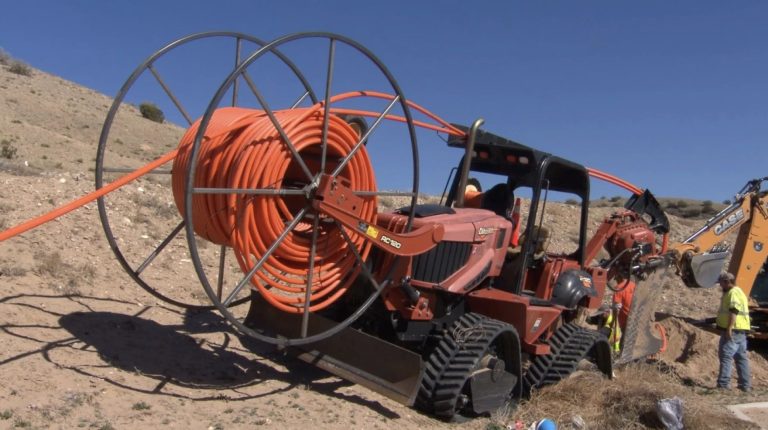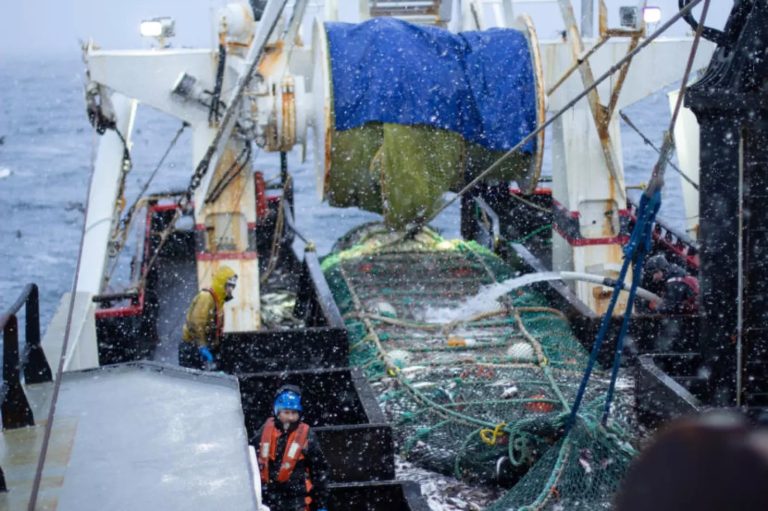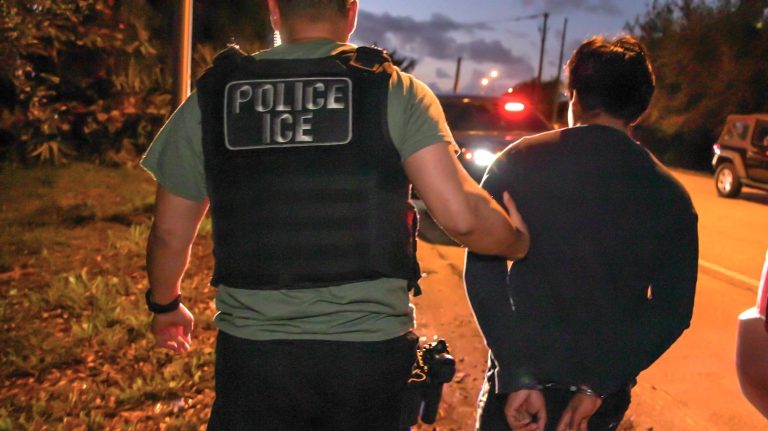Family support, adjusting expectations help Native grads facing historically high unemployment
 Megan Heller has not one, but two master’s degrees from Eastern Washington University. But after graduating in the spring she had no luck finding a job. “I probably applied for about fifty jobs,” she said. “I got a lot of ‘positions were canceled due to funding limits.’ Entry level jobs that I applied for said I didn’t have enough experience or I didn’t meet the qualifications or they just didn’t get back to me.” New research by the Federal Reserve Bank of Minneapolis finds those entering the labor force just out of school are doing so at a particularly bad time. Ever after a slight rebound, Native American unemployment rates remain well behind those for the population as a whole. Heller and other Native graduates find family support and a flexible outlook are helping them navigate through.
Megan Heller has not one, but two master’s degrees from Eastern Washington University. But after graduating in the spring she had no luck finding a job. “I probably applied for about fifty jobs,” she said. “I got a lot of ‘positions were canceled due to funding limits.’ Entry level jobs that I applied for said I didn’t have enough experience or I didn’t meet the qualifications or they just didn’t get back to me.” New research by the Federal Reserve Bank of Minneapolis finds those entering the labor force just out of school are doing so at a particularly bad time. Ever after a slight rebound, Native American unemployment rates remain well behind those for the population as a whole. Heller and other Native graduates find family support and a flexible outlook are helping them navigate through.
Navajo Nation marks significant COVID-19 milestone
Sept. 10, 2020
The Navajo Nation reported its second day of no additional COVID-19 deaths in three days. After months of strict lockdowns, curfews and public admonishments from tribal leaders, tribal health officials report dwindling numbers of new cases. Twice within a matter of days, the Navajo Nation marked a significant milestone that the Nation’s largest reservation hasn’t seen since March. It’s all the more important as the tribe continues to climb toward a total that nears 10-thousand COVID-19 deaths. The Nation once outpaced every state in the country for the number of deaths from the disease.
‘Unprecedented’ donation to offset student COVID-19 challenges
August 4, 2020
The American Indian Graduate Center is among the non-profits benefiting from a major philanthropic effort by writer MacKenzie Scott. The donation given by Scott, ex-wife to Amazon CEO, billionaire Jeff Bezos, is an unprecedented $20-million. It’s the largest individual donor gift in unrestricted funds over AIGC’s 50-year history.
UNITY conference goes virtual
July 8, 2020
The United National Indian Tribal Youth, organization, or UNITY, is going virtual for their annual conference this year because of the ongoing pandemic. UNITY Executive Director Mary Kim Titla says as Native youth continue to play a vital role in tribal communities combating COVID-19, it’s important for them to take time to connect with peers at workshops, share talents, and build on self-care techniques to help navigate stress and anxiety amid lock-downs and isolation.

Salish and Blackfeet hip-hop artist Shadow Devereaux, known as Foreshadow from the video for the song “Protect Your People,” part of the Confederated Salish and Kootenai Tribes’ COVID-19 youth outreach initiative.
Musical initiative offers safety message to young people
July 6, 2020
The Confederated Salish and Kootenai Tribes of the Flathead Reservation collaborated with local musicians to launch a COVID-19 youth safety awareness campaign. So far, following the release of their second hip-hop song, they’re seeing a successful response in their community’s youth. The series, with a targeted social media campaign, is aimed at 12 to 18-year-olds. In a written release, CSKT officials say the song series was “driven by concerns that youth may not be responding to COVID-19 prevention guidelines.”
Suzan Harjo says she’s twice tested positive for coronavirus
June 18, 2020
First tested on May 19, prominent Native American rights advocate Suzan Harjo says she’s tested positive for Covid-19Suzan Harjo has recently tested again and came up positive a second time for the coronavirus. Harjo is currently making her way through her second round of quarantine.
“I have been reading and writing and talking to people and working; you just continue your life,” Harjo said. “You continue your life with more care for others and prioritize your time.”
White Mountain Apache Tribe is upping strict safety measures as positive Covid-19 cases rise
June 15, 2020
The White Mountain Apache Tribe reached 1,259 reported positive COVID-19 cases. The sudden surge, according to Tribal Chairwoman Gwendena Lee-Gatewood, is likely due an increase in testing and contact tracing. The tribe is on stay-at-home orders, with an 8 p.m. to 5 a.m. curfew, and is closed to non-tribal citizens and tribal members not living on the reservation.
Overcoming potential COVID-19 barriers to voting
June 10, 2020
The Native American Rights Fund outlines ways to avoid potential voting barriers as states consider safety options during the COVID-19 pandemic. NARF organizers say any move to an entirely vote-by-mail system would be a big problem for Native voters, with the potential to disenfranchise many. They point out it’s not uncommon for items to get misplaced or delivered to the wrong person in the process of picking up and distributing mail from a shared PO box, making the wait to get mail delivered longer, sometimes taking up to a month.
Protecting Human Rights and sovereignty during the pandemic
May 27, 2020
The Native American Rights Fund and the University of Colorado Law School have teamed up and launched a new online legal resource to help Tribal self-determination efforts during the ongoing Covid-19 pandemic.
Native domestic abuse line adds service to help survivors during pandemic
May 20, 2020
As Covid-19 safety restrictions amped up across the country in March, StrongHearts Native Helpline initially saw a dip in their calls. The organization’s director points to the possibility that survivors sheltering in place at home with an abusive partner find it difficult to make a phone call when they need help. StrongHearts launched a new online chat function to better assist Native American and Alaska Native people experiencing abuse.
Emergency aid for students helps with student housing, utilities and travel
May 15, 2020
When schools started shutting down back in March, the American Indian Graduate Center began a designated Student Emergency Fund outside of their initial awarded scholarship dollars.
“It comes down to student emergency needs,” Executive Director Angelique Albert said. “They are no longer on campuses, so they are no longer in the dorms, so they have housing needs, they have food needs, and we’re having to respond to make sure that they can just say in college.”




